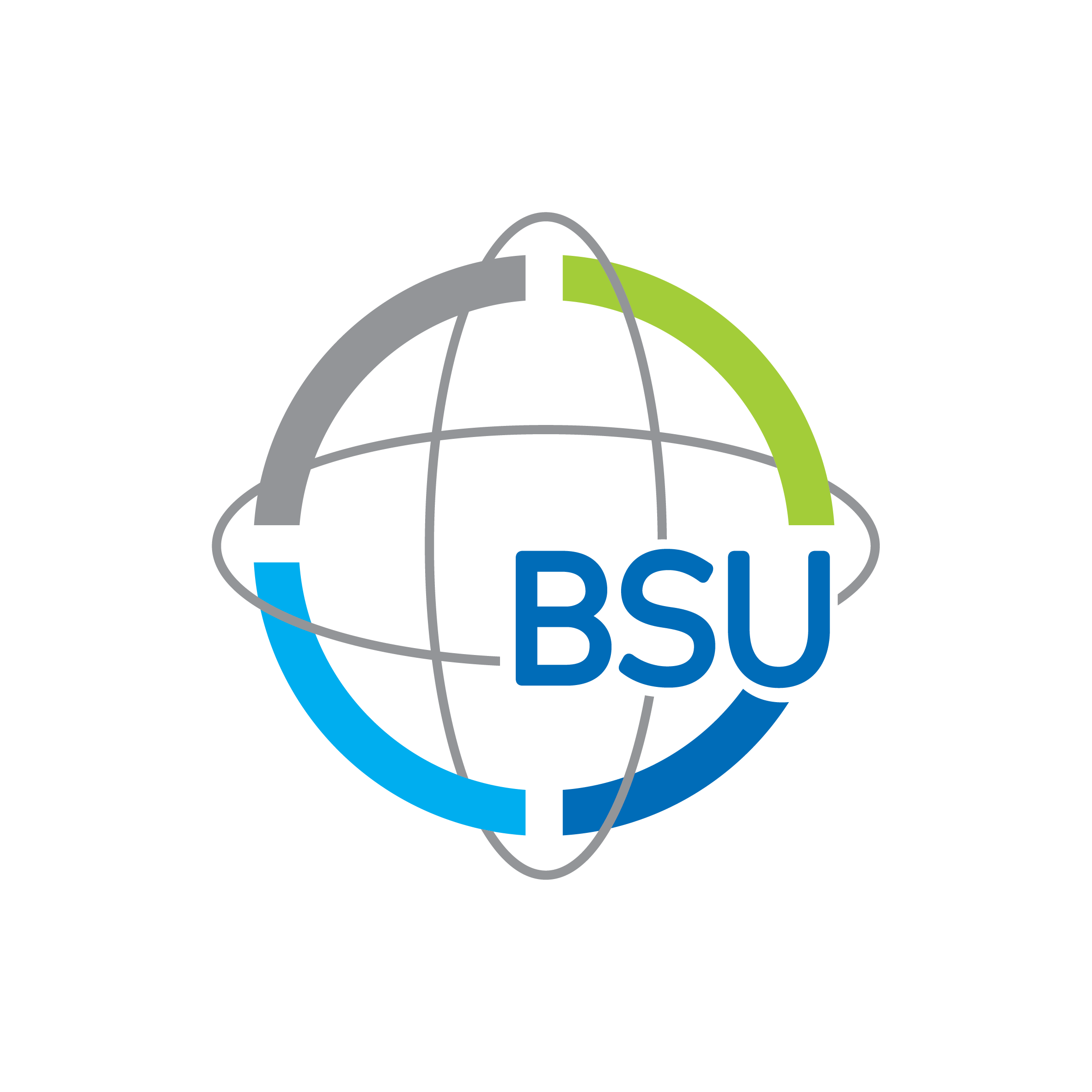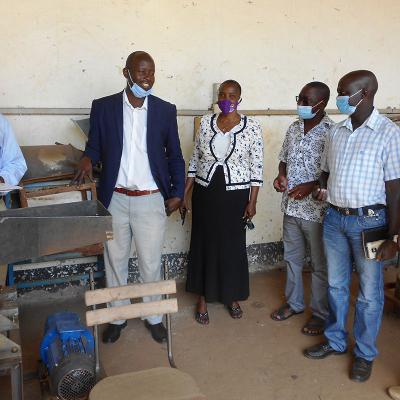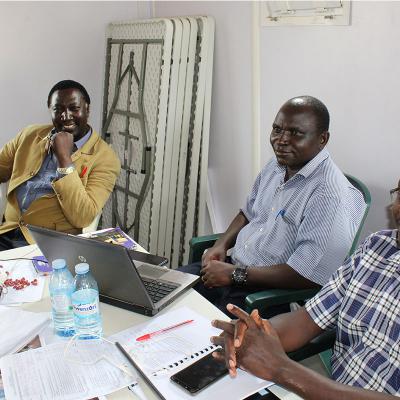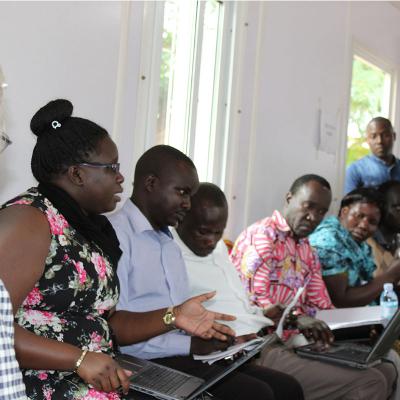Patrick Ochen and Patrick Kabwijamu are students at Gulu University doing research among a feared class of Gulu City’s residents – the aguu.
There is not a clear definition of the aagu yet, but the city’s residents know them as notorious young people who commit crimes ranging from petty theft to serious ones such as rape.
They mostly operate at night, especially in dark places. They also operate in and around bars and nightclubs, snatching revelers’ phones, watches, and anything valuable.
But the two Patricks have a different perception of the aagu, and they don’t want to refer to them as criminals. Patrick Ochen, in particular, has a strong attachment to them, given his own background.
Ochen was born in captivity, in South Sudan, among the rebels of the Lord’s Resistance Army (LRA), after his later-to-be mother had been abducted by the rebels earlier from Uganda. The LRA war destabilised northern Uganda for 20 years from 1986. Growing up in the rebel ranks meant that Patrick was trained and forced to do what the aguu do.
“These are not bad people. Anyone can become an aguu, but on another level. These are people with a future and their future needs to be brought to the table and discussed,” says Ochen. He says the aguu do what they do because they are hungry. Though he later was picked up and supported by a charity organisation, Ochen takes time every week to interact with the aguu and give them support where he can.

Patrick Ochen (in red t-shirt) interacts with an aguu boy on the outskirts of Gulu City
He describes an aguu as someone who has got no family, nowhere to eat, no home, and most of his or her life is on the street.
“They survive on stealing. They survive on looting. They do a lot of nasty things, including rape, especially by the boys, and sometimes they use the girls to lure men in order to get money from them,” Ochen says.
“We have individual aguu who leave where they stay, go and do bad things, then come back in loneliness. Then we have those who are organised in groups, of two, three or five. If they meet you on the way the next thing they will do is grab your phone if you have one, ask you for money, and pick whatever they can from you. There are those who have their parents. They leave their home and go to the streets. We have those who have got no parents but they have where they stay. Then we have those who have originally been on the streets – they are very dirty. They don’t tolerate nonsense. They go straight to what they want. They meet you, ask you for what they want and if you don’t have it they do anything bad to you,” Ochen adds.
Ochen and Kabwijamu are research assistants with the project Consequences of COVID-19 on Youth Reproductive Health in Northern Uganda (CONSCOV). It is a DANIDA-funded project under BSU. It is led by Dr. Agatha Alidri, who is the Principal Investigator, and their supervisor and mentor.
Dr. Alidri focuses on researching socially excluded persons and believes in undertaking research from below as opposed to research from above. Through this approach, she believes that the voices of the voiceless will be heard, and their experience will be felt. While the CONSCOV project is broadly about the youth, the Patricks are focusing on sexual and reproductive health among the aguu.
“We are dealing with street kids, those whom they say have a deadly record in the community; those who have left their home and they are on the street, doing nasty things. We are doing research to see how their sexual and reproductive health life is; how has COVID-19 affected them,” says Ochen.
Kabwijamu adds: “This research started with the normal youth; the youth who really have somewhere to stay; the people that you can look at and say yes, this is a complete youth. But, again, there was a cry, there was a need to look at the component of the youth that have been excluded. We call them the socially excluded, who are known as the aguu. If they get challenges where do they go, and if they go there who connects them to those places, and how do they solve their reproductive health challenges? So, we are trying to find out their journey: How do they go to the hospital, and after reaching the hospital, how were services delivered to them? We want to document this and then find ways how we can improve services in the hospital.”

Patrick Kabwijamu interviews a girl who belongs to the 'aguu class' of Gulu city
There are several factors pushing young people in Gulu to the streets, and the team is finding that COVID-19 worsened the situation. The Patricks and their supervisor will detail their findings in a report expected this October, a year after they started their research.
“Even before [COVID-19] there were youth who were living a hard life, with no parents – nobody to take them to school. Some of them were child-parents; children taking care of other children. The only thing for you as a child-parent is to go and start hustling – to get what to eat for the siblings – that has led some of them to the streets. Others come to the streets for leisure. They don’t want to be controlled [at home]. It starts with peer pressure. Then, there are children born in captivity. They are being rejected in their maternal home, and in their paternal family. The only option is for them to come on the streets. If you ask them ‘why are you here’ they say ‘I don’t have a home. This is my home.’ There are others who do business – like prostitution. She will tell you ‘my mother is sick and has been in the hospital for some good days and they are demanding a lot in medical bills’. So, she goes on the street, does prostitution to get money to go and pay the bill in the hospital for the mother and the mother will not question where the money came from.”
The team has found that the aguu fear going to the hospital when in need of medical attention.
“One of them told me that when you go to the hospital you may find a doctor whom you harassed at night, whom you probably hit on the head and took a phone from. It is hard for you to face him. You fear he may call the police. Number two, they have a feeling that they are people who are not really part of society. They keep in the corridors, hiding. They feel they are not presentable. They can't come into public. They only come out at night. They operate nocturnally. You get to find out that even when they go to the hospitals they find a challenge with the nurses. They say that they bark at them because of the way they dress, and the odour they emit. They are conscious of their situation. They put themselves in a box of inferiority,” says Kabwijamu.
The Patricks, together with their supervisor, now have the plan to organise the aguu into a group through which they can constantly engage them, and try to rehabilitate them.
L-R: Ben Waiswa (BSU projects accountant), Ochen, Kabwijamu, and Dr. Alidri share a light moment when the research team returns to the university from the field
“We talk to them. To help someone does not mean that you have a lot. It actually starts from a smaller perspective. It is very important to start impacting lives at this stage of the research. If you give someone hope; are they expecting something out of the future? I am having a motto for them that if we say ‘aguu’ then they reply ‘I have a future’. We can start small, and give them hope, so that they can change their mind,” says Kabwijamu.
You can listen to the Patricks being interviewed by Science Journalist William Odinga







